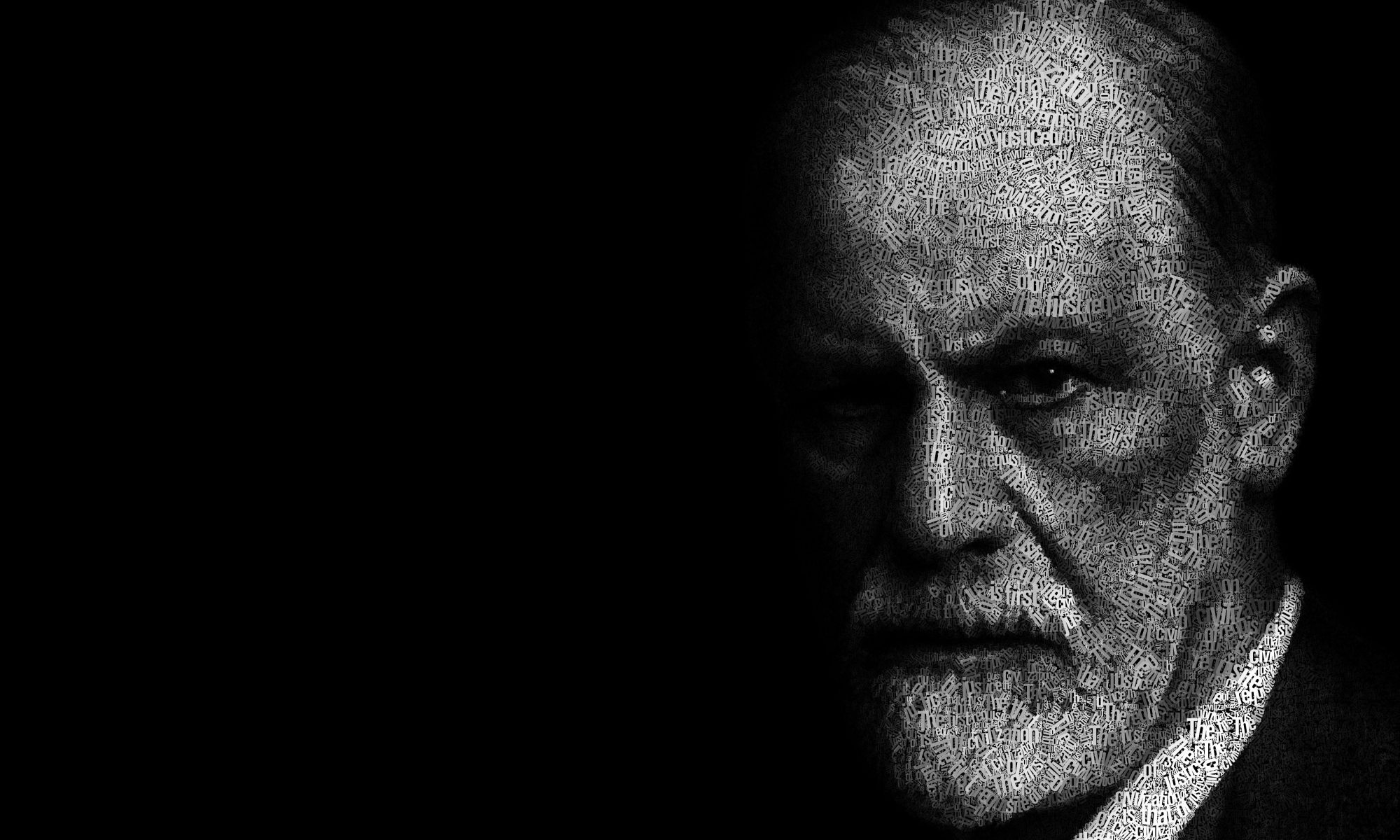The IPAA conference this May will be the first retrospective on Ferenczi’s work to be held in Ireland.
Sándor Ferenczi (1873-1933) was one of the founding fathers of psychoanalysis. He became a student of Freud in 1908 and remained a close associate of his for the rest of his life. A Hungarian of Jewish descent, he lived and worked in Budapest where he established one of the most innovative schools of psychoanalysis outside Freud’s Vienna.
Unlike Freud, whose primary passion was the development of a science of mental life, Ferenczi’s main interest was in the practice of therapy and in the dynamics of the interaction between therapist and patient. For Freud, psychoanalysis was first and foremost an arena for observation by the therapist leading to theoretical insights. For Ferenczi in contrast, psychoanalysis was above all an encounter between two human beings, both of whom had imperfect knowledge of themselves and of the other, and both of whom had to be open to learning new things from the therapeutic encounter.
This difference of emphasis eventually led Ferenczi to develop ideas that diverged from those of Freud. He stressed for instance the importance of the therapist being aware of his own emotional responses to the patient – what is now referred to as the countertransference. He also advocated a more relaxed attitude on the part of the therapist to revealing aspects of his own life and emotions to the patient than the impassive presentation of a psychological “mirror” that Freud had espoused. These innovations in technique are now widely accepted as normal practice by most psychoanalytic therapists.
Freud and Ferenczi always remained on good terms and Ferenczi never followed analysts like Jung and Rank in breaking with Freud. Nevertheless, their relationship became strained in the last few years of Ferenczi’s life. There were a number of reasons for this. Both men were seriously ill, Freud with cancer & Ferenczi with the pernicious anemia that was soon to kill him. Another factor complicating their relationship was the political infighting that was taking place in the 1930s among those of Freud’s followers who were hoping to inherit the mantle of his authority. The flash point however was Ferenczi’s stress, in a paper of 1932, on the importance of sexual abuse in childhood in the etiology of mental illness later in life. Rightly or wrongly, Freud took this to be a challenge to his key theory of the Oedipus Complex, and thus as an attack on himself.
Ferenczi died in 1933 just when Eastern Europe was entering on many decades of war and political repression that destroyed much of the fabric of its culture. As fascism and World War Two approached, his students and followers had to disband what was left of his school in Budapest and, if they could, find new lives abroad. As a result Ferenczi’s work went into eclipse and after 1945 it was overshadowed by the dominance of psychoanalysis in the English-speaking world. In recent years however this injustice has been redressed and there is growing interest again in Ferenczi’s lasting contributions to the history of psychoanalysis and to the technique of psychotherapy.
